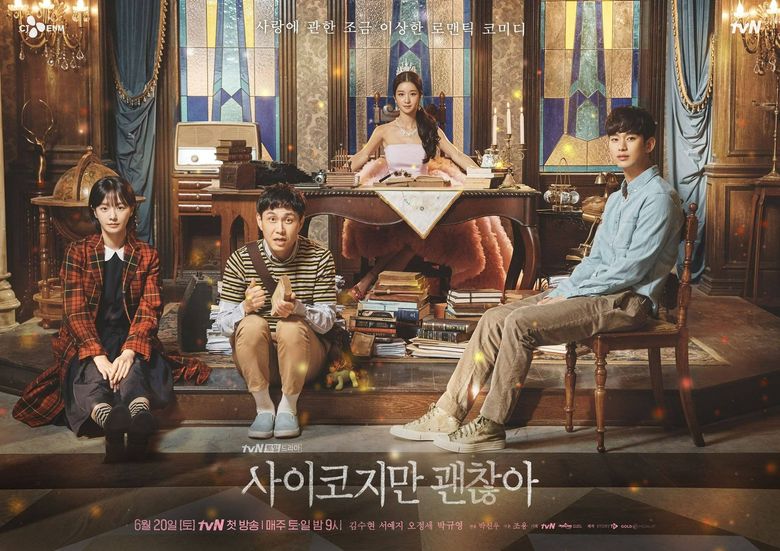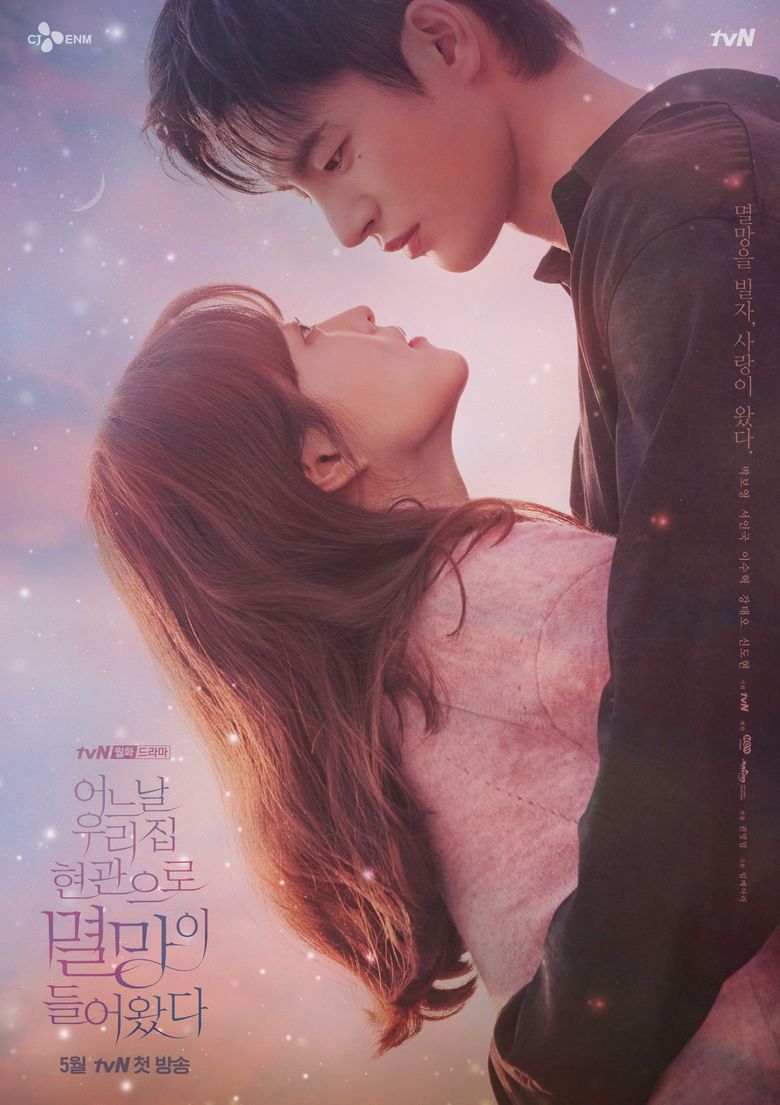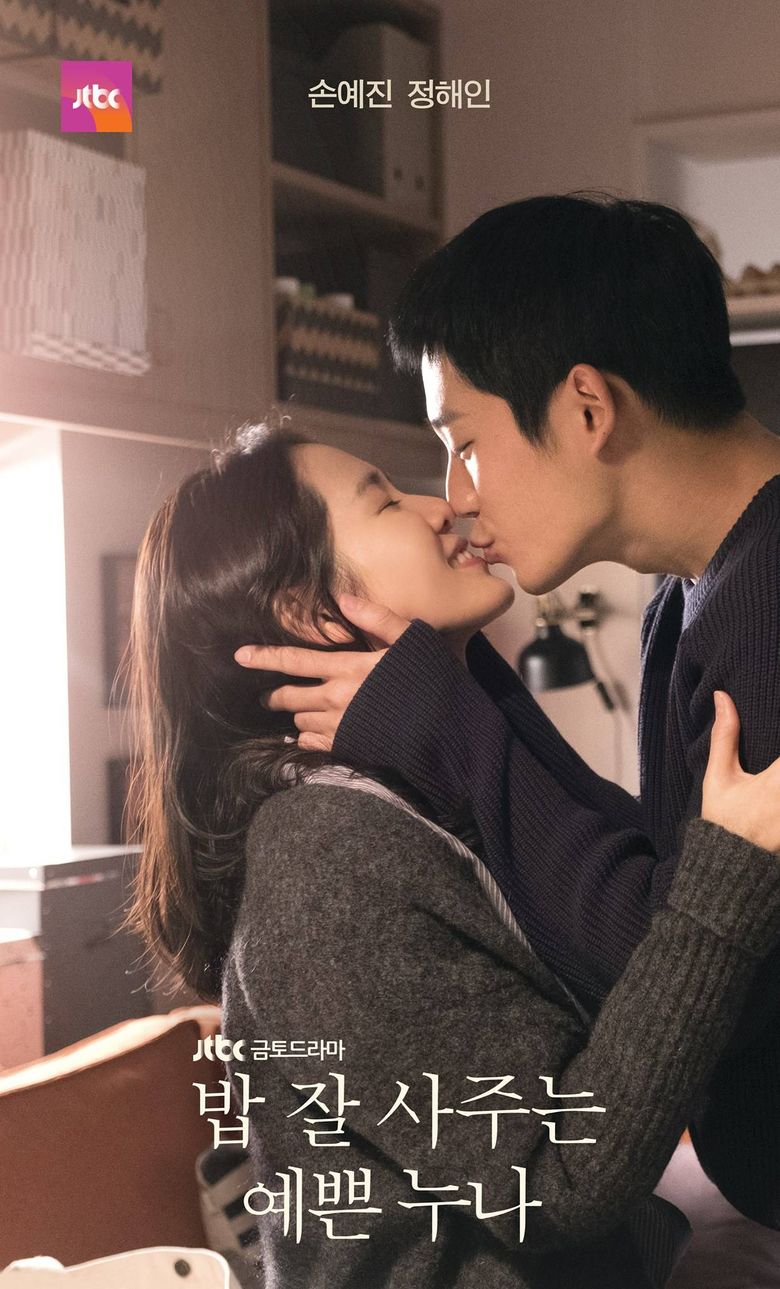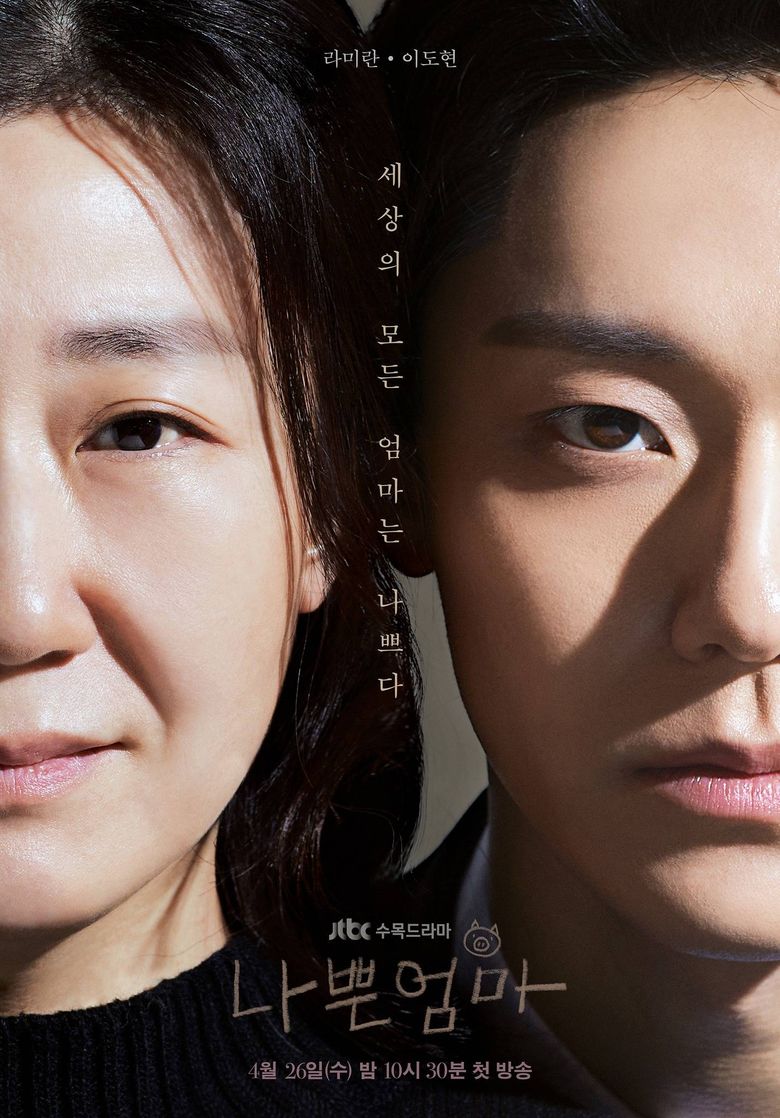How many times have you followed all the updates about highly anticipated Korean dramas prior to their release, only to find that the English titles they were going by have suddenly changed? Usually, this happens when the production team and the concerned network decide to use brand-new English titles for the Korean dramas to promote them internationally. For the most part, these English names are literal translations, more creative interpretations, transliterations, or something else entirely.
Although it takes some time, these English names catch on in the community and gain traction. However, this does not mean all fans are always satisfied with the titles. In some cases, the Korean title or the literal translation of the Korean title in English becomes more popular and beloved in the fandom despite the drama having a specific official English name, as fans insist on using the title that they believe suits the K-Drama better. So, you'll often find that certain K-Dramas have more than one English name, too!
For example, "Chief Kim" is also called "Good Manager". Both names are relatively well known, but the latter is the official name that you'll find on streaming sites like Amazon Prime and Viki, whereas the former is the translation of the Korean title "김과장" or "Kim Gwajang" and is instantly recognizable. Similarly, "Hello Monster" is interchangeably called "I Remember You", which is the translation of the Korean title "너를 기억해" or "Neoreul Gieokhae" and both titles are equally popular. Likewise, "Love In The Moonlight" and "Moonlight Drawn By Clouds" are both English titles used for "구르미 그린 달빛" or "Gooreumi Geurin Dalbit", but only the former is the official one whereas the latter is the English translation of the Korean title.
There are also instances where despite the official English title being the more popular one, fans still express their disappointment over the same. Take the currently ongoing K-Drama "Destined With You" for example, which was originally called "This Romance is a Force Majeure", going off of the translation of the Korean title: "이 연애는 불가항력" ("I Yeonaeneun Bulgahangryeok"). It is evident that the English title is clearly not a translation of the Korean title, literal or otherwise. It is a new attempt to simplify and represent the essence of the K-Drama that appeals to global audiences. However, many fans have mentioned that they don't quite like the official title as much.
As such, there's always a certain percentage of fans who prefer the Korean names of the dramas because the English names don't carry the same essence or alter too much of the intended meaning. At the same time, some fans also favor the English names over the Korean ones for reasons such as universal appeal, ease of understanding, and appropriateness. Others might gravitate towards whichever is prettier! Either way, while there is no right answer about which one is better, there are quite a few elements at play when deciding if a K-Drama title is justified.
The primary debate among fans in the discussion of Korean drama names and their English counterparts is the conveyed meaning. There are as many instances of the English titles conveying the meaning of the K-Drama better than the Korean title as there are of the English versions completely taking away the charm of the original Korean title. However, if one asks why a K-Drama needs an English title at all, several factors, such as accessibility, localization, and advertisement, come to mind.
Firstly, the international audience for Korean dramas has been steadily growing over the years, but there are still new fans joining the fandom with every passing day. An English title provides accessibility to non-Korean-speaking viewers who might be interested in a particular show but cannot read or understand the original Korean title or the romanization and hence, cannot navigate the ins and outs of the K-Drama world as easily. An apt English title can serve as a bridge, inviting a more diverse viewership.
For instance, "Hospital Playlist", which became one of the most popular K-Dramas in recent times, is much easier to find and refer to by its English name rather than the translation of the Korean name - "Wise Doctor Life" ("슬기로운 의사 생활" or "Seulkirowoon Uisasaenghwal"). The Korean title alludes to Director Shin WonHo's previous work "Wise Prison Life" (슬기로운 감빵생활" or "Seulgirowoon Gambbangsaenghwal"), which we know as "Prison Playbook", as well as to "슬기로운 생활" ("Seulgiroun Saenghwal") or "Wise Life", which falls under South Korean kids' school curriculum. However, "Hospital Playlist" is a nod to our main characters' band in the K-Drama. So, it is also meaningful and simply catchier for overseas fans!
Secondly, while the original Korean title might carry cultural and linguistic nuances that resonate with native Korean speakers, it might not have the same effect on an international audience who may or may not be aware of said nuances. An effective English title is crafted to capture the essence of the drama in a way that resonates with viewers from different cultural backgrounds, making it more relatable.
One example, in this case, is "Extraordinary You", the Korean title for which is "어쩌다 발견한 하루" ("Eojjeoda Balgyeonhan Haru") or "A Day Found By Chance". The direct translation of this Korean title does not account for the reference to "HaRu" - the name of RoWoon's character in the drama and hence, the appeal of the Korean title is lost in translation. On the other hand, the new English title encapsulates the core of the story of ordinary "extra" characters becoming "extraordinary" and makes it "Extraordinary You", which gives it renewed charm.
A slightly different example is that of "Behind Your Touch". The drama is called "힙하게" or "Hip-hage" in Korean. The English name is in no way a translation of the Korean name of the drama, but they're both punny and hence, similar in essence. The use of "힙" (referring to hip) in the Korean title can be considered equivalent to the use of "Behind" in the English one, alluding to Bong YeBun's (Han JiMin) strange psychometric power that allows her to see one's visual memories by touching their derrière. So, even though the English title is different from the Korean, it is a fantastic title nonetheless that stays true to the humor of the original.
On a separate note, "It's Okay To Not Be Okay" is often called "Psycho But It's Okay", based on the Korean title "사이코지만 괜찮아" ("Saikojiman Gwaenchanha"). Korean viewers might easily catch the reference to the 2006 South Korean romance film "I'm a Cyborg, But That's OK" ("싸이보그지만 괜찮아" or "Ssaibogeujiman Gwaenchana"), but for global fans who may not know the film, the use of the word "Psycho" can be off-putting, offensive and even disrespectful as it can perpetuate harmful stereotypes and contribute to the stigmatization of individuals dealing with mental health struggles. It may inadvertently reinforce misconceptions about mental illness, something that is starkly in opposition to the message of the K-Drama. So, in this case, the English title, though different, is a much more appropriate title in terms of a global audience.
Thirdly, English Korean drama names can simply be more marketable and memorable to an international audience, making it easier to promote the drama through various media channels, social platforms, and promotional materials. For streaming platforms, broadcasters, and distributors, having a consistent English title across their catalog simplifies branding and categorization. It allows viewers to easily identify and remember the show, which can be especially important when recommendations and search algorithms are taken into consideration.
Some official English titles that are more compelling and "sellable" for international audiences than their Korean counterparts are "Beyond Evil" (the Korean title translates simply to "Monster"), "Encounter" ("Boyfriend" in Korean), "Doom At Your Service" ("One Day Destruction Entered the Front Door of My House" in Korean), "My Dearest" ("Lovers" in Korean), "Revenant" ("The Demon" in Korean), "Crash Course In Romance" ("One Shot Scandal" in Korean), and "Reborn Rich" ("Youngest Son of a Conglomerate" in Korean), among others.
Therefore, it is undeniable that English titles serve practical purposes beyond mere translation, which contributes to the global reach and success of Korean dramas in an increasingly diverse and interconnected entertainment landscape. The problem arises when these English titles are unable to capture the essence of the K-Dramas they represent. The importance of accurate representation cannot be overstated, as it directly impacts a viewer's expectations, appreciation of the storyline, and overall experience. While English titles aim to make Korean dramas more marketable to a global audience, poorly chosen or inaccurately translated titles can have the opposite effect. Viewers may overlook a K-Drama with a misleading or uninspiring title, missing out on potentially outstanding content.
Two iconic K-Dramas that are often brought up in discussion in this context are "Something In The Rain" and "She Would Never Know". The original Korean titles of both dramas can be translated as "Pretty Noona Who Buys Me Food" and "Sunbae, Don't Put On That Lipstick", respectively. Fans used these titles quite frequently before the release of the official titles and retained the well-known Korean words "Noona" and "Sunbae" in keeping with the essence of the original.
However, the playfulness, intrigue, and intention of these titles are lost in the official English versions. These English titles are not just different from the originals, but they also don't make the K-Dramas stand out in a positive way, which the (translated) Korean drama names do. However, it goes without saying that the English titles have their own fans too.
Taking another example of a Cho JungSeok K-Drama, "Jealousy Incarnate" is a brilliant translation of the original Korean title of the drama "질투의 화신" or "Jilteoeui Hwashin", even though the reference to Cho JungSeok's character Lee HwaShin's name is missing. However, the official English title "Don't Dare To Dream" completely misses the mark.
A few more examples where the official English titles may fall a tad bit short when compared to the Korean originals include "Moonshine" ("When Flowers Bloom, I Think of the Moon" in Korean), "The Good Bad Mother" ("Bad Mother" in Korean), "Stranger" ("Forest of Secrets" in Korean), "Strangers From Hell" ("Hell Is Other People" in Korean), "Lost" (alluding to "No Longer Human" by Osamu Dazai or directly translating to "Human Disqualification" in Korean), "Remarriage And Desires" ("The Bride of Black" in Korean), "When The Weather Is Fine" ("I'll Go To You When The Weather Is Fine" in Korean) and "Oh My Ladylord" ("Oh! Master" when the Korean title is translated to English but the original title is also a pun with NaNa's character's name - "Oh JooIn-Nim").
In conclusion, there are good examples and bad examples weighing on either side of this debate. So, neither side can be inferred to be better than the other. Ultimately, the debate over Korean drama names and their official English counterparts highlights the importance of careful consideration when choosing titles for international audiences. It underscores the need to strike a balance between practicality and accuracy, cultural authenticity, and international accessibility, recognizing that each K-Drama is unique in its cultural context and storytelling and that a well-chosen title can significantly impact a viewer's experience and perception of the show. There is no one-size-fits-all answer in this debate, and the best approach may vary from one drama to another.
We're curious to know your thoughts. Do you know any Korean dramas with English titles that are better or worse than the original names? Share your thoughts with Kpopmap and global fans in the comments section down below!
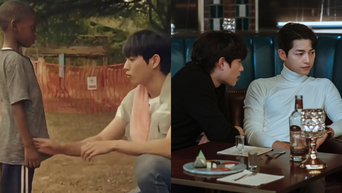
How K-Dramas Could Improve Their Representation Of International Audiences Considering Their Global PopularityFanbuzzMay 13, 2022

